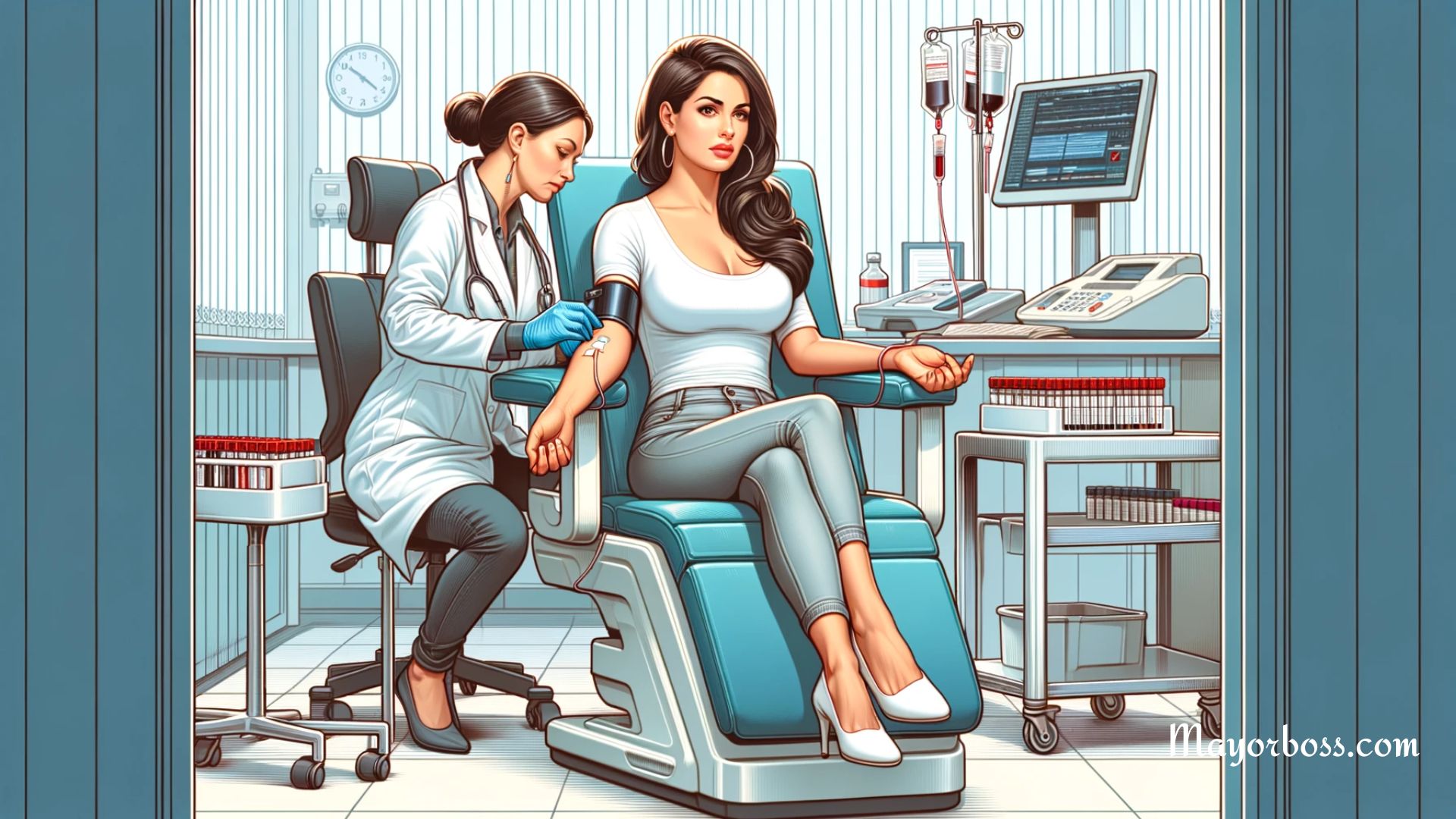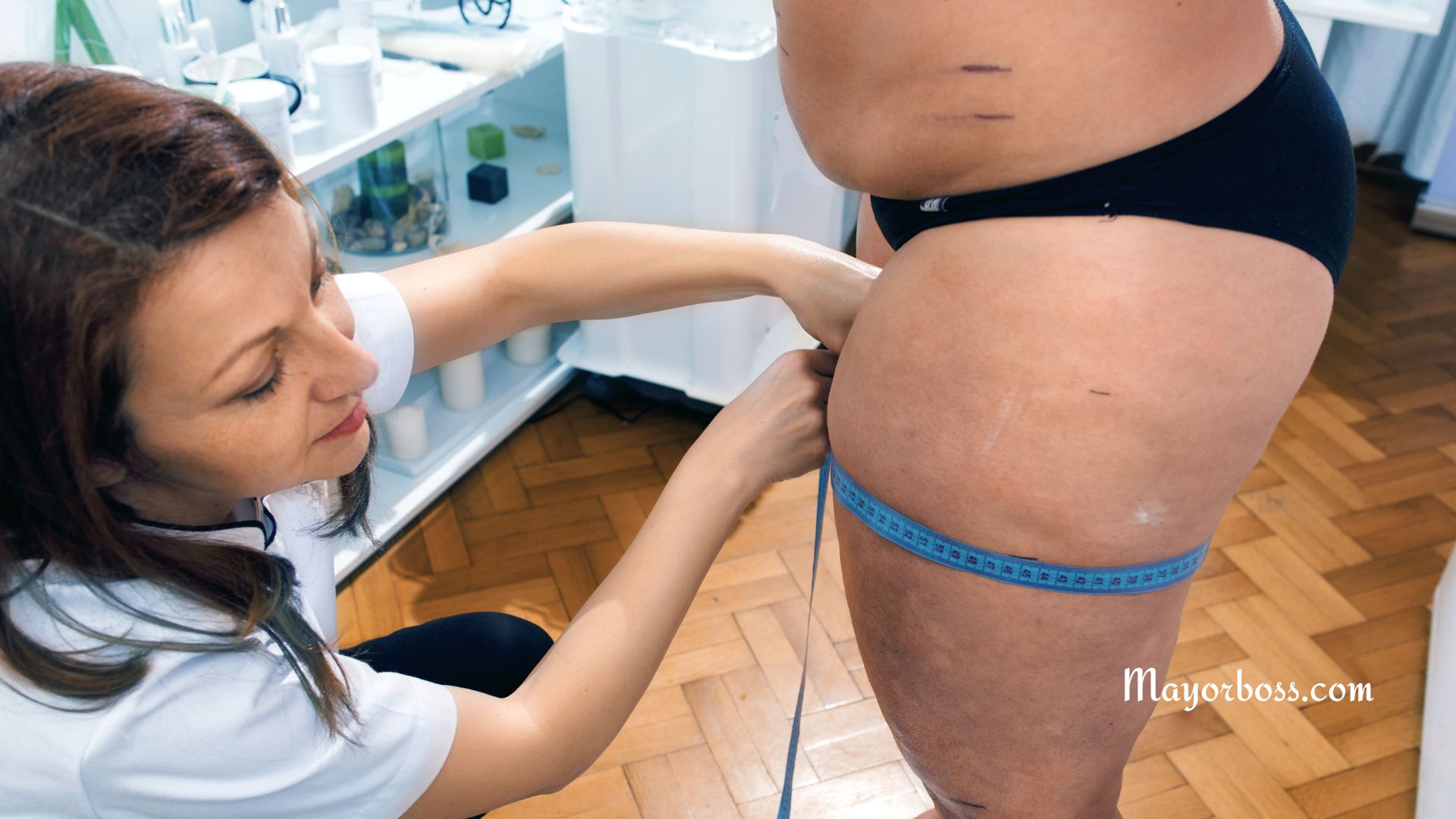Can HIV Spread Through Kissing? The Answer May Surprise You
When it comes to HIV transmission, there’s a lot of misinformation out there. One question that often comes up is whether HIV can spread through kissing. It’s natural to worry about how HIV is transmitted, especially in intimate situations like kissing. So, let’s clear the air and provide some clarity on this important topic.

What is HIV Transmission?
Firstly, HIV (Human Immunodeficiency Virus) is a virus that attacks the immune system. It’s transmitted through certain bodily fluids that include blood, semen, vaginal and rectal fluids, and breast milk. The most common ways HIV is passed from one person to another are through unprotected sex, sharing needles, and from mother to child during childbirth or breastfeeding.
Can You Get HIV From Kissing?
Now, onto the main question: Can you get HIV from kissing? The short answer is no. HIV is not transmitted through saliva. Thus, casual kisses, even those that are more intimate, do not pose a risk for HIV transmission. Saliva contains enzymes that break down the virus, making the concentration of HIV in saliva extremely low and not enough to cause an infection.
What About Deep Kissing?
Even in the case of deep kissing, the risk of transmitting HIV is extremely low to non-existent. However, if there are open sores or bleeding gums involved, theoretically, there might be a very slight risk. But such cases are extremely rare and are usually associated with other risk factors, such as both partners having significant dental problems, which might allow for the exchange of blood.
Why the Confusion?
The confusion around HIV transmission through kissing likely stems from a lack of understanding about how HIV is spread. Misinformation can easily spread fear, leading people to believe that HIV can be transmitted in ways that it cannot. Education and awareness are key to dispelling these myths.
Precautions and Safety
While kissing does not transmit HIV, it’s always a good idea to maintain good oral health to prevent other infections or diseases. If you or your partner have open sores or bleeding gums, it might be wise to avoid kissing until these issues are resolved. Not only does this reduce the already negligible risk of HIV transmission, but it also prevents the spread of other infections.
When to Get Tested
If you’re concerned about HIV or your exposure to risk factors beyond kissing, getting tested is a straightforward way to ease your mind. Regular testing and open communication with partners about sexual health are essential steps in maintaining overall health and preventing the spread of HIV.
Conclusion
To wrap up, kissing is not a mode of HIV transmission. You can enjoy the emotional and physical connection it brings without the fear of HIV. However, staying informed about how HIV is transmitted and taking precautions in other aspects of your life is crucial for your health and the health of those around you.
Frequently Asked Questions
- Is it safe to share drinks or utensils with someone who has HIV? Yes, it is safe. HIV is not transmitted through casual contact, which includes sharing drinks, utensils, or food.
- Can I get HIV from a mosquito bite? No, you cannot get HIV from mosquito bites or any other insects. HIV is a human virus that requires direct human-to-human transmission.
- What are the best ways to prevent HIV transmission? The most effective ways to prevent HIV transmission include using condoms during sex, not sharing needles or syringes, and, if you’re at high risk, considering Pre-exposure prophylaxis (PrEP), a medication that significantly reduces the risk of getting HIV.






